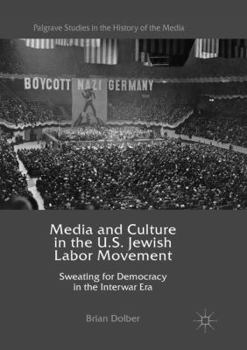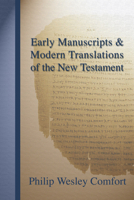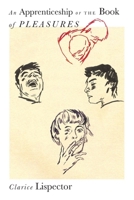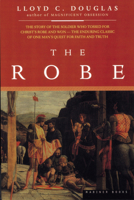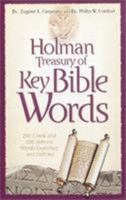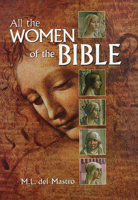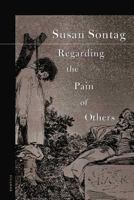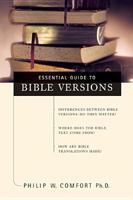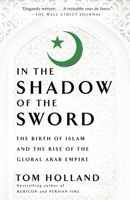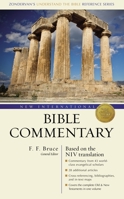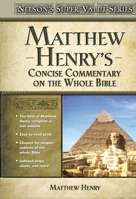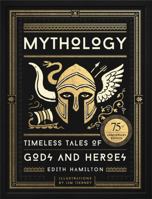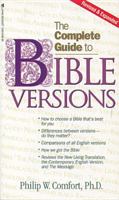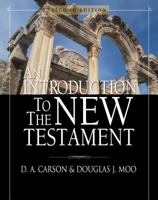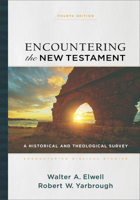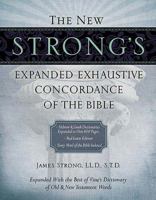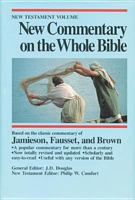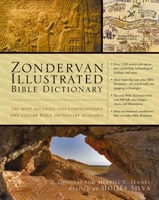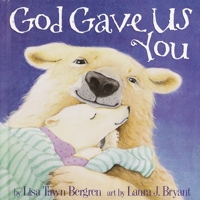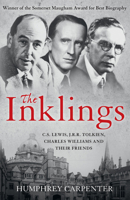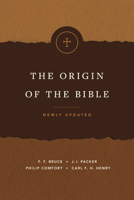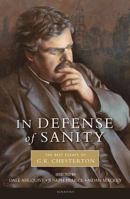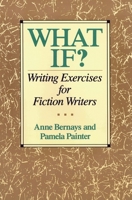Media and Culture in the U.S. Jewish Labor Movement: Sweating for Democracy in the Interwar Era
Select Format
Select Condition 
You Might Also Enjoy
Book Overview
1. Introduction.- 2. 'Digging in the Dark': The Forward's Advertising Strategy in the 1920s.- 3. 'Cutting the Pathway in the Wilderness and Confusion': Worker Education and the Garment Unions, 1919-1932.- 4. Moving Forward on the Air: The Birth of WEVD and the Rise of Commercial Radio.- 5. 'A Song of Social Significance': Jewish Labor, Mass Culture, and the New Deal.- 6. 'The Most Effective Weapon': Consumer Activism and the Jewish Labor Committee's Anti-Nazi Boycott.- 7. A 'Friendly Negotiation': Jewish Labor, the Newspaper Guild, and the Limits of the New Deal.- 8. Epilogue.
Format:Paperback
Language:English
ISBN:002407750X
ISBN13:9780024077509
Release Date:January 2000
Publisher:Pearson
Length:320 Pages
Weight:0.82 lbs.
Dimensions:0.9" x 5.5" x 8.0"
Customer Reviews
5 customer ratings | 5 reviews
There are currently no reviews. Be the first to review this work.











